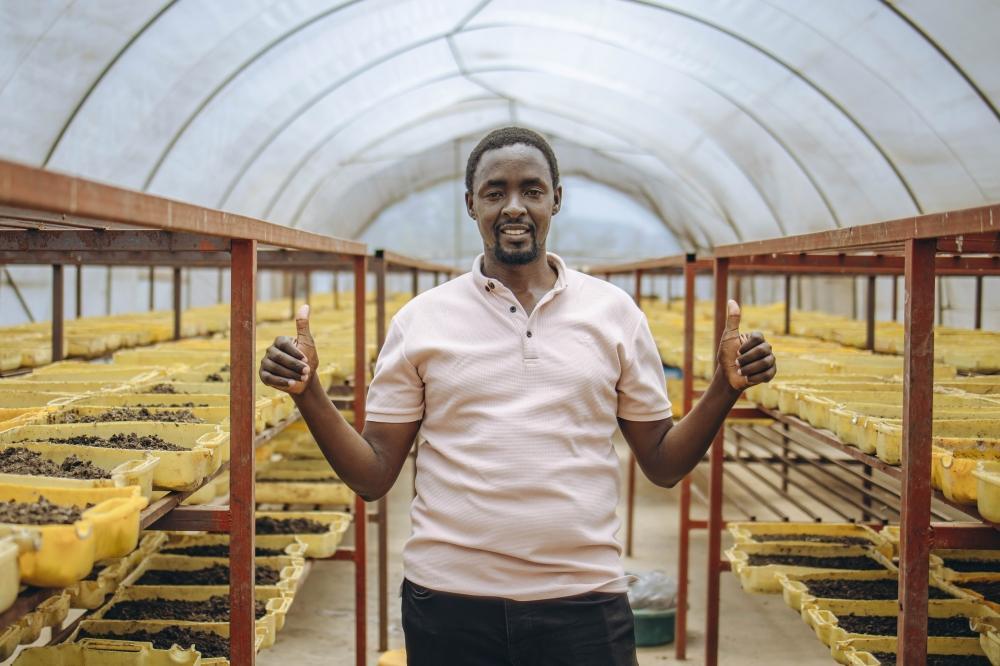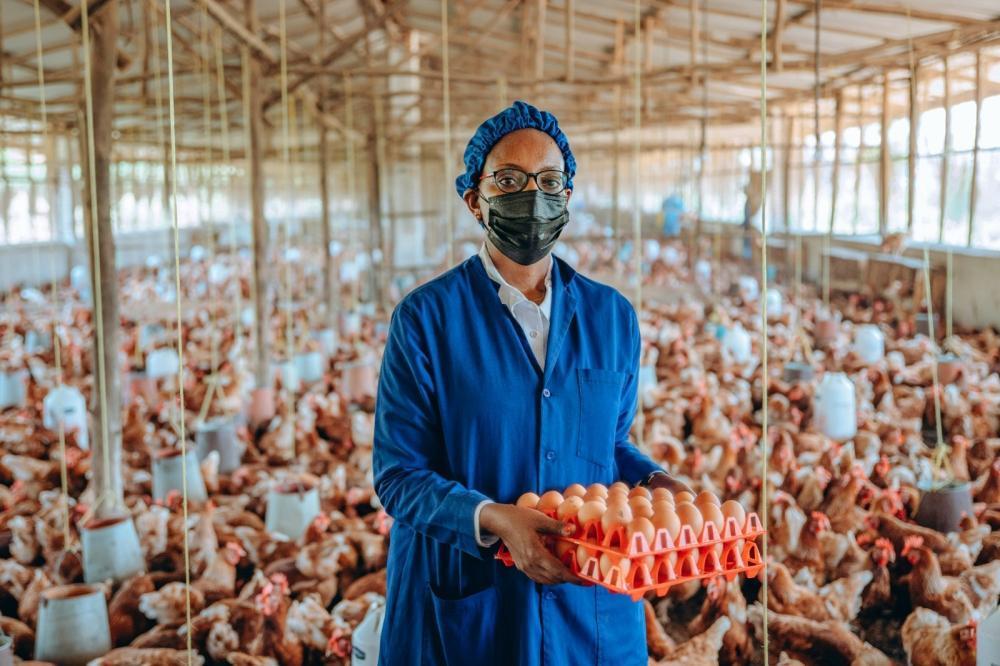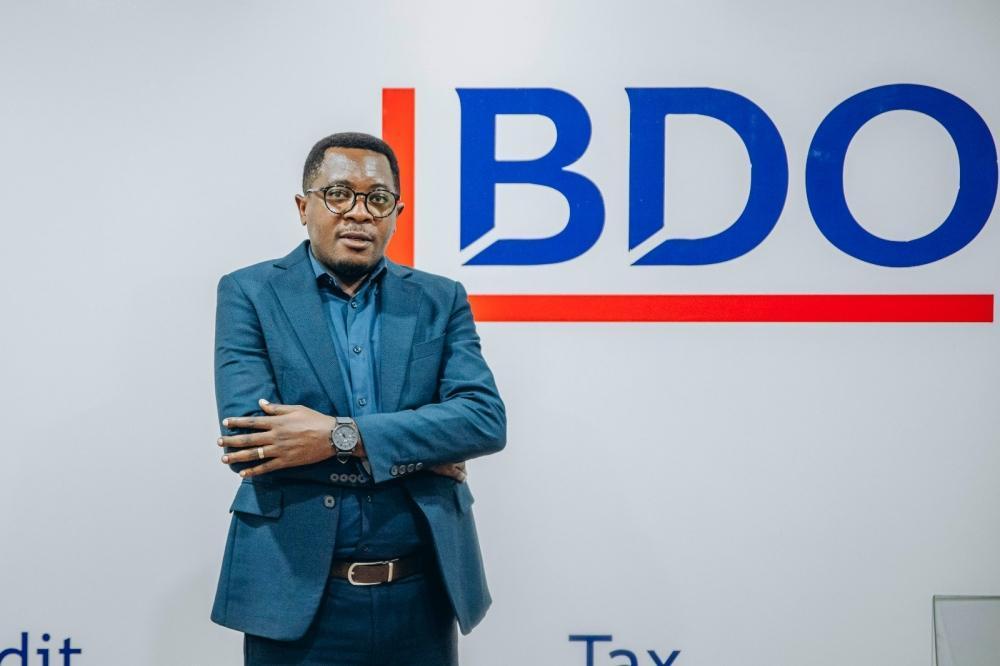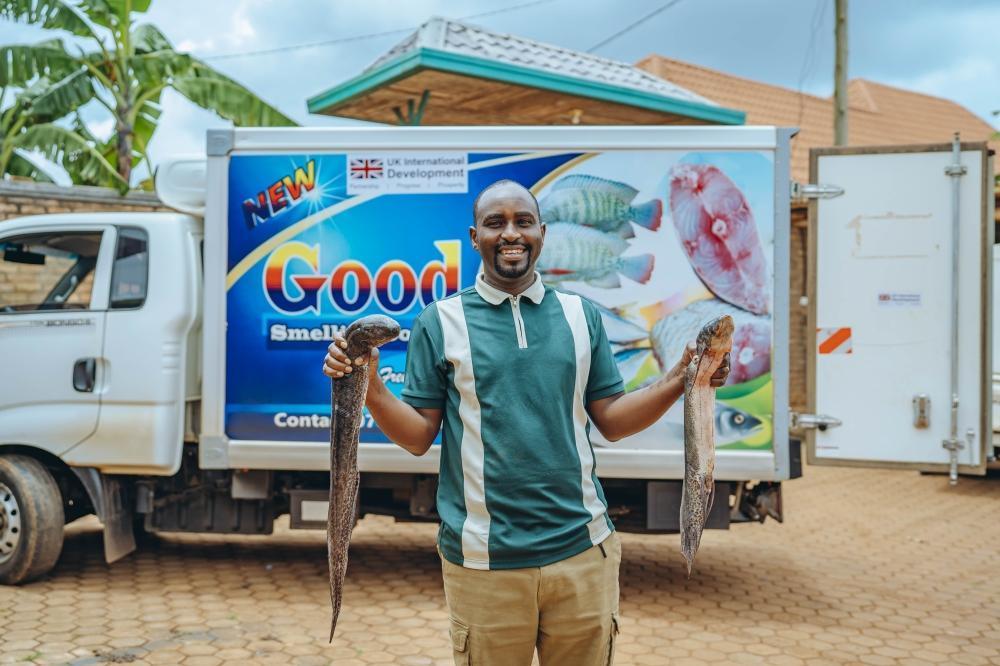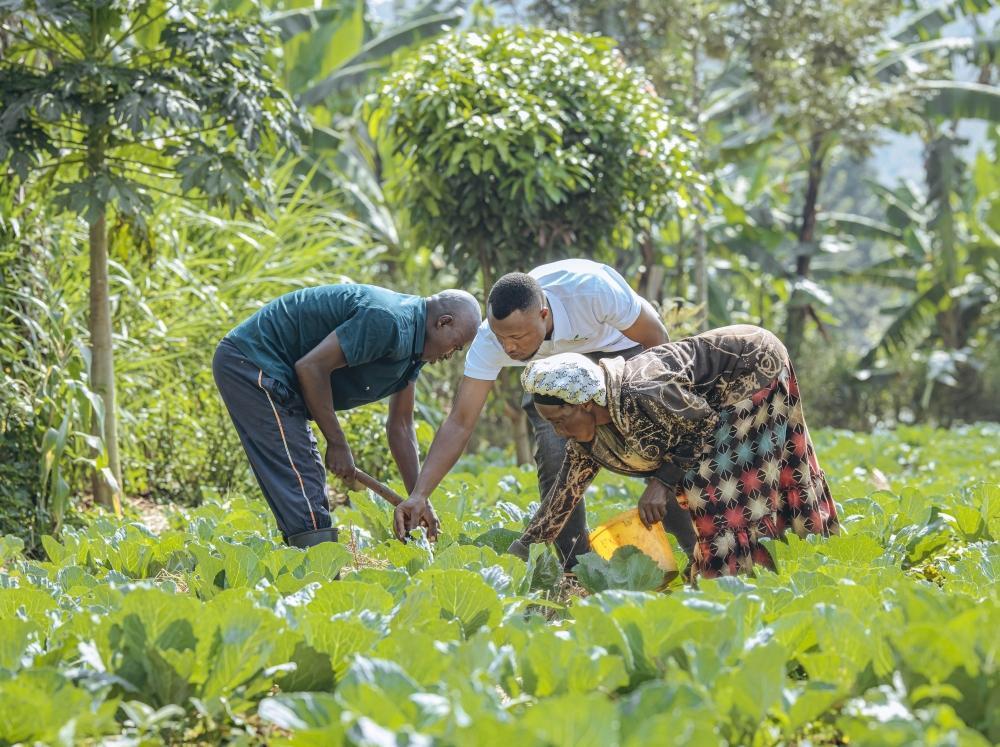Africa-Press – Rwanda. Agriculture is one of the major contributors to Rwanda’s economy—employing over 60 percent of the population and accounting for about 25 percent of the country’s GDP. Yet, for many small and medium-sized enterprises (SMEs) and smallholder farmers, limited access to affordable inputs, finance, and reliable buyers has long stifled their potential. Some are surmounting such challenges with the support of the Commercial Agriculture for Smallholders and Agribusiness (CASA) Programme. In Rwanda, it has been implemented by Swisscontact and NIRAS since October 2022. Funded by the UK’s Foreign, Commonwealth and Development Office (FCDO) through International Climate Finance (ICF), CASA demonstrates how investment in inclusive businesses within climate-resilient agri-food systems can boost farmer incomes and attract private capital.
While high input costs, unreliable buyers, limited technical skills and climate threats have long challenged Rwandan farmers, CASA’s partnerships are reversing that trend — connecting farmers to stable buyers and creating resilient market systems through a Market Systems Development approach. In poultry, expensive and poor quality feed previously led to high bird mortality and low productivity, according to Florence Batoni, CEO of Platinum Agri-business. The same applies for aquaculture.
Florence Batoni, CEO of Platinum Agri-business, at the farm.
CASA contributed to addressing the issue through the establishment of a modern feed factory that now ensures better nutrition at affordable costs.
“Before the partnership, when the chickens got to 12 months old we started experiencing high mortality rates because of poor immunity that resulted from poor feeding. But right now, we are experiencing much healthier chickens because they are on a nutritious formulation; they live longer; they lay eggs longer, and the quality of eggs is good,” Batoni said.
Meanwhile, agri-SMEs like Good Smelling Company Ltd, a fish aggregator operating in Kayonza District, have improved logistics and digital record-keeping, helping them expand faster and buy from more cooperatives. In vegetables, Agrilec Ltd has formalized its relationships with over 2,000 smallholders to aggregate vegetables and supply into 27 schools under Rwanda’s National School Feeding Programme such that money circulates within the local economy – it is often the parents of the school children who grow the vegetables they eat for lunch and the money pays their school fees.
Clement Egide Kabano Niyitegeka, Partner in Charge of Risk Advisory Services at BDO East Africa, one of CASA’s partners, said that many agri-SMEs have brilliant business ideas but fail to attract external finance because they cannot meet all the investors’ or bankers’ requirements. He underscored the significance of the technical assistance through financial readiness support under the CASA project, especially given SMEs’ major share of Rwanda’s businesses.
“So now, we come in, showing those SMEs what they can do to gain the confidence of the investors and be ready to get more investment. As you know, more than 90% of businesses here in Rwanda are SMEs, most of them agribusinesses,” he said. “If we support them to get finance, they can grow and create employment for the many young people seeking opportunities, which also contributes to Rwanda’s economic growth.”
Clement Egide Kabano Niyitegeka, Partner in Charge of Risk Advisory Services at BDO East Africa
Benjamin Rufagari Seruzamba, CEO of INVCOM
BDO supported SMEs like Platinum Agri-business to develop a proper business plan and to train their staff on how to do financial management, putting in place financial systems to help them track their performance and to be tax compliant. This leading firm of advisors in the region also helped the SMEs to create partnerships with different banks to acquire loans.
Innovation in action: Turning waste into wealth
One standout success is Maggot Farm Production, which transforms organic waste into protein-rich animal feed by raising black soldier flies — a climate-smart, affordable and alternative solution to poultry and fish feeds.
Benjamin Rufagari Seruzamba, the CEO of INVCOM who was hired by CASA as a consultant to support its partners to get investment ready and help with direct linkages with financial institutions and investors, said, “If I can mention, for example, one of the companies that we supported, which is Maggot Farm Production, the innovative aspect was really guaranteed, but financial literacy, the financial material that he has in hand, was not really appropriate to convince fund providers. It was a full success because he met the result of raising more than £100,000 in terms of grant finance, matching grant finance, and also mobilising more than £25,000 in terms of commercial bank loans. We reached the raising funds for the particular investment money that he needed at this time, but the knowledge that he acquired, that he didn’t have at the beginning of the support, he is guaranteed to get it all along his growth.”
Jean Damascene Rutembesa, CEO of Good Smelling Ltd, with the cold truck purchased with support from CASA.
Francis Kavutse, CEO of Maggot Farm Production, said that the support he got from the programme was transformative: “CASA supported us with setting up a greenhouse and improving its interior design after a well packaged financial readiness technical assistance, which was a great help as it allowed me to hire more workers and produce more for a growing market. [With that support] production also increased by three tonnes per month compared to what we had been harvesting” he said.
Overall impact
In Rwanda, CASA focuses on three value chains — aquaculture [fish farming], poultry, and vegetables — identified through a Market Systems Development approach. The project supports interventions that tackle market barriers, improve climate resilience, and help farmers secure better market access and income.
Key achievements to date include:
11 partners provided with technical assistance and matching grants
21,000+ smallholder farmers reached through these partnerships
£442,000 invested by CASA with partner SMEs contributing over £1 million of their own funds into their businesses as a result of CASA support
£255,000 leveraged in new commercial investment to enable these agri-SMEs to transact with smallholder farmers
“CASA now has 11 partners across the three value chains. Our main objective is to enable more farmers to do business with the private sector companies. And again, alongside that, to leverage external investment as we believe that investment from the private sector is more sustainable than traditional development donors’ support,” said Kababo Nkubito, the CASA Rwanda Country Manager.
He said that continued investment in agri-SME investment-readiness initiatives is needed for greater gains in the future. “After CASA support demonstrated the business case for investing in agri-SMEs, we think that in the future, banks and equity investors should be more interested to put more funds into agribusinesses and see them as less risky for a sustainable return.”
Jeremy Nsabiyera, an Agrilec expert, equipping farmers with good agriculture practices and climate smart agriculture.
Building a prosperous future for Rwanda’s agri-SMEs
By connecting local agribusinesses with expert organisations, training them in financial and business management, and helping them access capital, CASA is fuelling entrepreneurship in the agricultural sector.
CASA works by building the investment readiness of agri-SMEs linked to smallholder farmers; helping investors enhance the impact of their investments through technical assistance; strengthening smallholder voices, especially women, in agribusiness decision-making; and filling knowledge and evidence gaps that hold back investment.
The CASA Programme operated in Ethiopia, Malawi, Nepal, Rwanda and Uganda, supporting agri-SMEs to prepare for investment while connecting farmers to commercial markets. Its work spans Market Systems Development; a Technical Assistance Facility; and Research, Learning and Communications, with crosscutting themes of Climate Change and the Environment, Gender Equality and Social Inclusion, and Food and Nutrition Security.
The CASA Rwanda programme will hold its close-out event on 4th November 2025 at the Serena Hotel as an opportunity to reflect on lessons learned, share success stories, and celebrate its achievements. Titled “Learning and Investment Insights from the Agribusiness Sector”, the event will convene stakeholders from the local agricultural investment ecosystem, including agri-SMEs, industry associations, investors and development partners, to discuss what it takes to sustain and scale commercially viable and inclusive business models.
For More News And Analysis About Rwanda Follow Africa-Press

